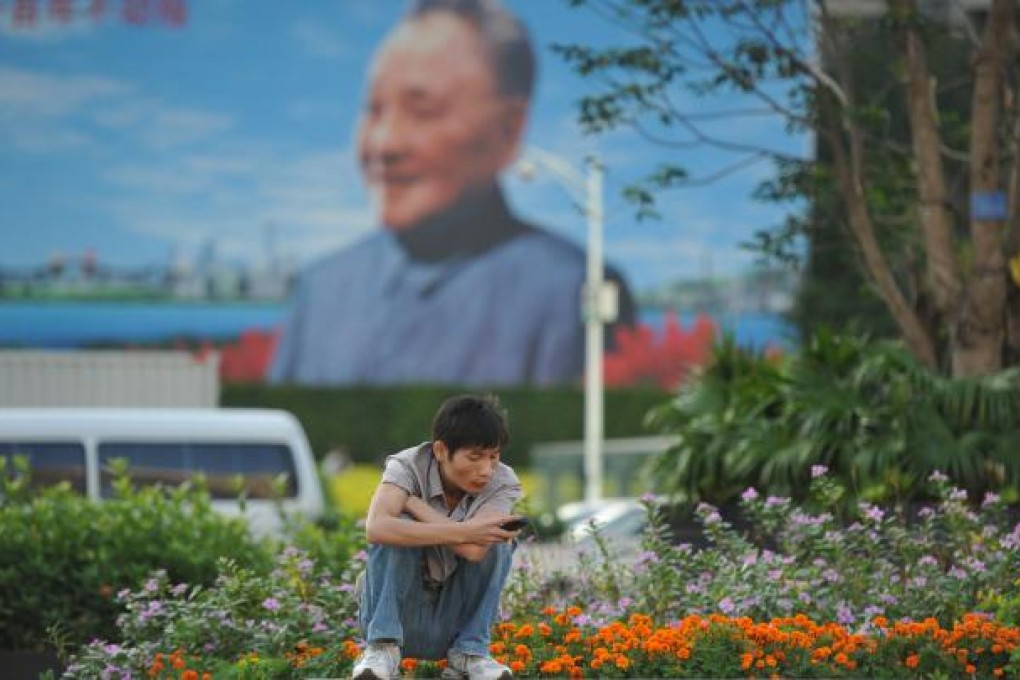Opinion | China must push for all-round reform
Hu Shuli says its economy, now tied to the global system, faces structural problems that cannot be solved without political and social change

On the eve of the 18th party congress, reform is the hot topic in the Chinese media. But unlike in the past, when discussion largely focused on the economy, the debate today is on reform in all areas - economic, social and political, particularly the last one.
All of this is raising hopes that the next stage of Chinese reform will bring fundamental changes. In particular, while political reform efforts will continue to be prudent, government leaders are expected to push harder and with more determination to strengthen the rule of law, improve transparency in governance and give people more of a voice in decision-making.
Why the focus on comprehensive reform? Because China needs it at this stage of its development, if it is to cope with an external environment that has changed drastically from the one 30 years ago when reforms first began. The next decade of Chinese development is crucial.
In China today, some basics of a market economy are in place; people's livelihoods have improved; the social structure has been transformed, and so has people's self-image.
The Chinese economy is inextricably linked now to the global economy, and this is placing new demands on China's political and economic systems. The competitive advantages that China once enjoyed are disappearing, but for changes to its economic structure to happen, China must also carry out political and social reforms. Multifaceted problems can only be tackled through comprehensive reforms.
In the first days of China's opening up in the 1980s, reformers targeted rural reform, and this included a recognition that political reform was crucial. At a Politburo meeting on August 18, 1980, Deng Xiaoping highlighted the need to check the problem of power concentrated in the hands of a few. This was seen as the cause of China's recurring political upheavals since 1949, and the persistent influence of radical leftist views that led to the tragedy of the Cultural Revolution.
On July 1, 1987, in the run-up to the 13th party congress, Deng's speech on the checks on political power was reprinted in the People's Daily. It's clear that reformers of the time believed that political and economic development must go hand in hand, as American economist Douglass North had argued.

